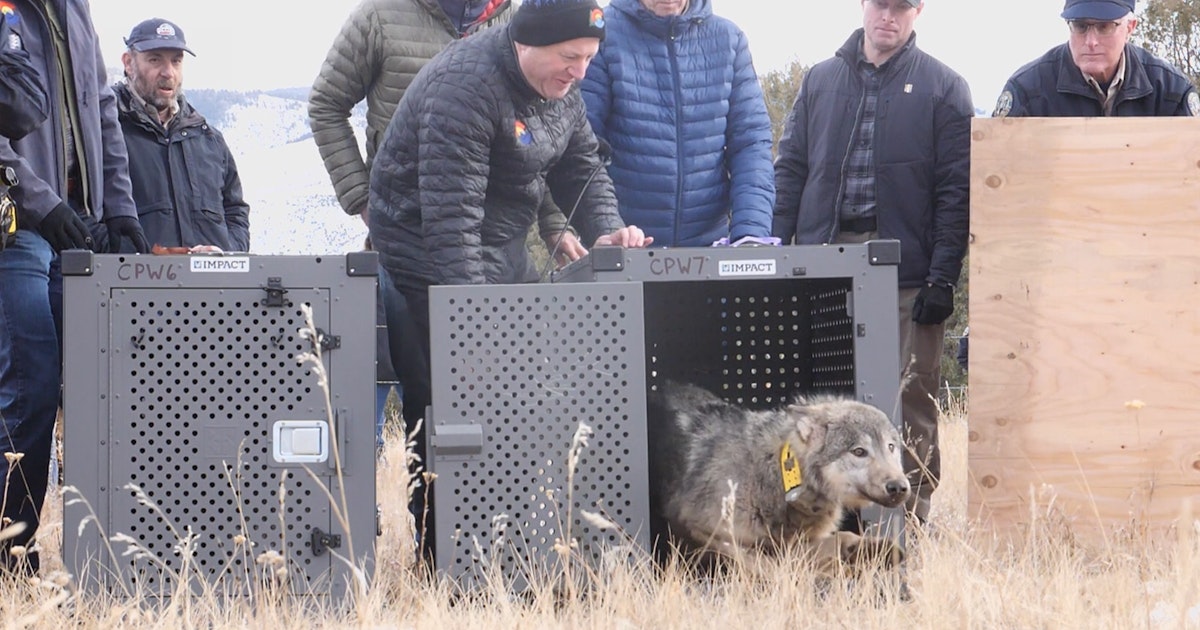
Wyoming Ranchers Prepared To "Shoot On Sight" If Colorado Wolves Cross State Line
Now that Colorado has wolves — some of which have a history of killing cattle in Oregon — Wyoming ranchers are banking on Wyoming's “shoot on sight” policy for whenever those wolves cross over. "They’re classified as predators and they can be removed,” said one rancher.cowboystatedaily.com
Common sense from the people directly affected. The same common sense that motivated virtually every civilization on earth since the Neolithic Era 10,000 years ago to aggressively hunt wolves, often to deliberate extermination.
Is there any evidence that pre-European cultures on this continent ever actively hunted wolves because they felt they were a threat to themselves personally or that they would diminish the food supply? I've never heard of any but I could certainly be wrong.
Alan


